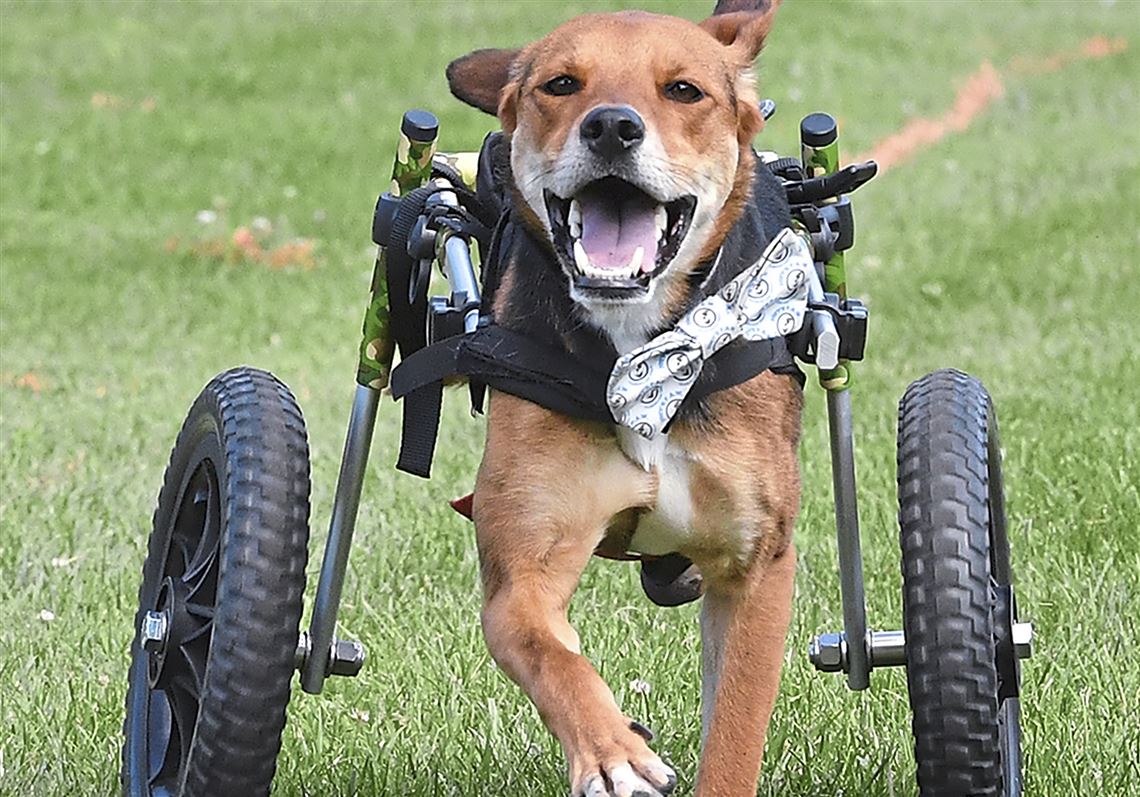Understanding the Needs of Abused Dogs
Abused dogs carry emotional scars that require understanding, patience, and a compassionate approach. These dogs often struggle with anxiety, mistrust, and fear stemming from previous traumatic experiences, making it essential to recognize and address their unique needs. Rehabilitation involves creating a safe, nurturing environment where they can gradually rebuild trust in humans. Gentle handling, consistent routines, and positive reinforcement help reinforce feelings of safety and security. Additionally, observing their body language and respecting their boundaries is critical, as even well-intentioned actions can trigger fearful responses. Supporting an abused dog’s journey requires a deep understanding of their emotional state, paving the way for healing and resilience.
Recognizing Signs of Abuse
Abused dogs often exhibit signs of trauma that may include fearfulness, aggression, or withdrawal. Understanding these signs is crucial for anyone looking to adopt an abused animal. Common indicators of abuse include physical scars, unexplained fear of people or objects, and unusual aggression. Recognizing these signs early can help in addressing the specific needs of these dogs.
Psychological Impact of Abuse
The psychological effects of abuse on dogs can be profound. Many abused dogs suffer from anxiety, depression, and other mental health issues. These conditions often require patience and specialized care to overcome. Adopters must be prepared to provide a stable and loving environment to help these animals heal emotionally.
Preparing for Adoption What to Expect

Assessing Your Home Environment
Before adopting an abused dog, it’s essential to assess your home environment. Ensure that your home is a safe and welcoming space for a traumatized animal. This includes having a quiet area where the dog can retreat to feel secure, free from loud noises and excessive activity.
Financial and Time Commitment
Caring for an abused dog requires a significant financial and time commitment. Veterinary care, specialized training, and other support services can be costly. Additionally, these dogs often need more time and attention to adjust to their new surroundings. For those interested in making a significant impact through adoption, learn how just $25 can change a dog’s life through how $25 can change a dog’s life through adoption.
Building Trust with Abused Dogs

Establishing a Routine
Establishing a consistent routine is vital for building trust with an abused dog. Dogs thrive on routine, and having a set schedule for feeding, walking, and playtime can help them feel more secure. Consistency helps in reducing anxiety and allows the dog to understand what to expect from their new environment.
Positive Reinforcement Techniques
Using positive reinforcement techniques is crucial in helping abused dogs adjust. Rewarding good behavior with treats, praise, and affection helps to build a positive association with their new home and caregivers. Avoiding punishment and focusing on positive reinforcement can lead to better behavioral outcomes.
Specialized Care for Abused Dogs

Veterinary Care and Rehabilitation
Abused dogs often require specialized veterinary care to address both physical and psychological issues. Regular check-ups, vaccinations, and any necessary treatments for injuries are essential. Rehabilitation programs, including physical therapy and mental health support, can also be beneficial.
Training and Socialization
Training and socialization are critical components in the recovery process of abused dogs. Professional trainers with experience in handling abused animals can provide the necessary guidance. Socialization activities, such as controlled interactions with other dogs and people, can help rebuild their confidence and trust.
Creating a Supportive Environment

Family Involvement
The involvement of the entire family is crucial in helping an abused dog transition into a loving home. All family members should be educated on the dog’s specific needs and how to interact with them appropriately. Consistent and gentle handling by everyone in the household promotes a sense of security and belonging.
Patience and Understanding
Patience and understanding are key virtues when dealing with abused dogs. Recovery from abuse is a slow and gradual process. Adopters must be prepared for setbacks and challenges along the way. Celebrating small victories and remaining patient can significantly impact the dog’s overall well-being.
Long-Term Commitment to Abused Dogs for Adoption

Monitoring Progress
Monitoring the progress of an abused dog is essential for ensuring their long-term well-being. Regular assessments of their physical and emotional health, along with adjustments to their care plan, can help in addressing any ongoing issues. Keeping a journal of their progress can provide valuable insights into their recovery journey.
Ongoing Support and Resources
Accessing ongoing support and resources is vital for adopters of abused dogs. Many organizations and communities offer support groups, training classes, and veterinary services specifically for abused animals for adoption. Leveraging these resources can provide much-needed assistance and encouragement.
The Joy of Transforming Lives
The joy of transforming lives lies in the profound satisfaction of making a real difference in the world. Whether through small acts of kindness, professional dedication, or personal growth efforts, the impact of positively influencing someone’s life brings immense fulfillment. When we empower others, helping them overcome challenges or discover new potentials within themselves, we not only enrich their journey but also enhance our own. Each life transformed ripples outward, creating a cycle of positivity and resilience that can uplift entire communities. This joy reminds us of our shared humanity and the powerful connections that bind us, highlighting that our greatest purpose often emerges from our ability to uplift those around us.
Success Stories
Hearing success stories of other abused dogs for adoption who have found loving homes can be incredibly inspiring. These stories highlight the resilience of these animals and the profound impact that a loving and supportive environment can have on their lives. Sharing these experiences can also encourage others to consider adopting abused animals for adoption.
The Reward of Adoption
Adopting an abused dog is a rewarding experience that brings joy and fulfillment. The transformation of a traumatized animal into a happy and healthy pet is a testament to the power of love and care. Adopters often find that the bond they share with their rescued dog is exceptionally strong and fulfilling.
Conclusion
Helping abused dogs transition into loving homes requires dedication, patience, and a deep understanding of their unique needs. By providing a safe environment, consistent routine, and positive reinforcement, adopters can make a significant difference in the lives of these animals. The journey may be challenging, but the reward of seeing an abused dog flourish in a loving home is truly unparalleled. Adopting an abused animal not only changes the life of the dog but also enriches the lives of those who open their hearts and homes to these deserving animals.


